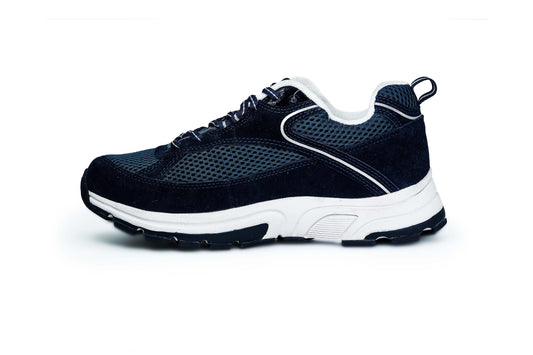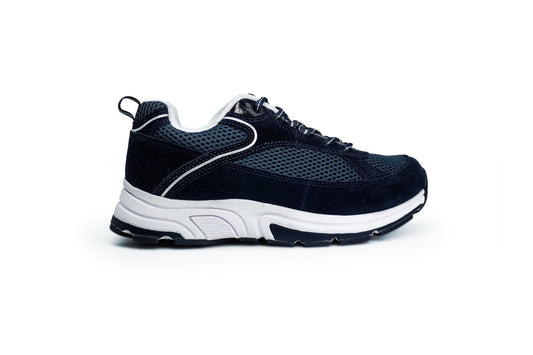Nighttime leg pain can be more than just an annoying nuisance. It can disrupt your sleep, leave you fatigued the next day, and affect your overall quality of life. Identifying the root causes and adopting practical remedies can help alleviate discomfort, improve sleep, and enhance daily well-being. This guide explores the common causes of nighttime leg pain and actionable strategies to manage it effectively.
Common Culprits Behind Nighttime Leg Pain

Nighttime leg pain can stem from several underlying factors, each requiring a different approach to management. Some of the most frequent causes include:
-
Muscle Cramps: Sudden, involuntary contractions of the muscles often triggered by dehydration, overuse, or prolonged immobility. Athletes and individuals with sedentary lifestyles are particularly prone to cramps. Staying hydrated and moving regularly can reduce the likelihood of cramps.
-
Restless Legs Syndrome (RLS): A neurological condition causing an uncontrollable urge to move the legs due to uncomfortable sensations, usually at night. Lifestyle adjustments like regular exercise, bedtime routines, and reducing caffeine intake can help manage symptoms.
-
Peripheral Artery Disease (PAD): Narrowed arteries reduce blood flow to the legs, often causing pain when lying down. PAD is common in people with diabetes, high blood pressure, or a history of smoking. Lifestyle changes, medication, or procedures may be necessary to improve circulation.
-
Sciatica: Pain radiating along the sciatic nerve from the lower back down the leg, often worsening at night. Stretching, physical therapy, and anti-inflammatory treatments can relieve pressure on the nerve.
-
Varicose Veins: Enlarged veins that cause aching or throbbing, particularly after long periods of standing or sitting. Elevation, exercise, and compression stockings help improve blood flow and reduce discomfort.
-
Overexertion: Excessive activity without sufficient rest can strain leg muscles, leading to pain at night. Proper warm-up, gradual intensity increases, and scheduled rest days can prevent overexertion-related discomfort.
-
Nutritional Deficiencies: Lack of magnesium, potassium, or calcium can trigger cramps and muscle pain. Incorporating nutrient-rich foods or supplements, after consulting a healthcare professional, supports muscle health.
Remedies to Ease Nighttime Leg Pain
Addressing the cause of leg pain can help restore comfort and support better sleep. Here are some effective remedies:

-
Stretching and Exercise: Target calves, hamstrings, and leg muscles to improve circulation and flexibility. Yoga or Pilates can also enhance strength and reduce cramping.
-
Hydration: Drinking sufficient water throughout the day helps prevent cramps. Electrolyte-rich beverages may also support muscle function.
-
Warm Compress or Bath: Applying heat relaxes tense muscles. A warm bath with Epsom salts can provide additional relief due to its magnesium content.
-
Massage: Gentle massage improves circulation and reduces tension. Foam rollers or professional massage therapy can target specific areas.
-
Elevate Your Legs: Raising the legs with pillows or wedges reduces swelling and improves blood flow, especially beneficial for varicose vein-related pain.
-
Compression Stockings: These help improve circulation and reduce pooling of blood in the veins. They’re particularly useful for those who stand or sit for long periods.
-
Dietary Adjustments: Include magnesium, potassium, and calcium-rich foods in your diet, such as leafy greens, nuts, seeds, dairy, and bananas. Supplements may be used if recommended by a healthcare professional.
-

For those experiencing pain linked to foot support issues, DiabeticShoe.in offers specially designed footwear for comfort and stability. Explore options for men and women to reduce strain and improve leg and foot alignment. Proper supportive footwear can significantly minimize nighttime discomfort, especially for people with diabetes or circulation issues.
When to Seek Professional Advice

While many cases of nighttime leg pain are manageable at home, certain symptoms require immediate medical attention:
-
Persistent pain not improving with home remedies
-
Sudden swelling, redness, or warmth in the leg
-
Numbness or weakness
-
Pain affecting only one leg, possibly indicating DVT
Consulting a healthcare professional ensures accurate diagnosis and treatment, preventing complications and long-term issues.
Taking Steps for Lasting Comfort
Nighttime leg pain often arises from muscle cramps, circulation issues, nerve problems, or nutritional deficiencies. Simple strategies like stretching, proper hydration, warmth, and leg elevation can alleviate discomfort, while supportive footwear further reduces stress on your legs. Awareness of symptoms and timely medical guidance is essential for preventing complications and maintaining a healthy, restful sleep routine.








